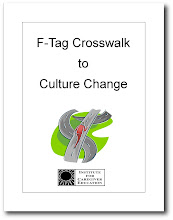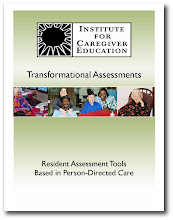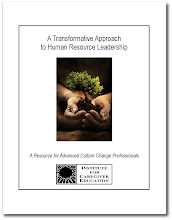Making a Choice to Enhance Life!

Nursing communities of the past were often thought of by the public as cold, sterile, and unfriendly places. This is because, in many ways, nursing organizations were operated much like hospitals focused on medical diagnosis and treatment of injury or illness. Today many nursing homes are embracing a new, social model of care giving that seeks to balance medical care with our social needs as human beings.
When a loved one requires long term care, the placement options available to families are often confusing. Making this choice can be one of the most challenging decisions a family must face. Advocacy groups have done a remarkable job in making sure families can be well informed of the clinical issues surrounding their available choices. However, there are many other aspects to take into consideration when making the long term care placement decision for a loved one.
Today, more and more nursing communities understand that they must place equal focus on enhancing the Quality of Life of each resident in their community in order to provide the most life-affirming experience possible. While meeting clinical needs might consist of medication assistance, toileting and bathing, Quality of Life needs relate to basic human desires for comfort, emotional well-being, physical, mental and spiritual engagement and the ability to nurture. One could think of this as a foundational shift in the philosophy of care giving; a shift away from providing solely a safe institutionalized existence to that of promoting a life worth living.
The Institute for Caregiver Education’s mission is to foster the highest Quality of Life for elders and caregivers through cultural transformation and professional development. Our goal is to assist nursing care providers in enhancing the Quality of Life focus within their communities. We promote growth and change by empowering their teams to create holistic environments that care for the body, the mind, and the soul—for all whom they serve. Further, we believe that this transformation can be successful only when families are empowered to understand the differences between a medical model and a social model of care and, thus, become advocates for change.
Five guiding principles form the foundation of the Institute’s work to assist communities in this transformation. When implemented together and woven throughout all areas of nursing community care a community can be truly transformed. These principles are: Choice, Community, Relationships, Respect, and Empowerment
We encourage families to look at the physical issues and medical concerns that accompany the need for nursing home placement and beyond—to seek a community that also enhances life and supports individuality. In addition to clinical daily care-related issues, family members should also seek indicators of social transformation that may include:
Indicators Present in the Physical Environment:
- Welcoming front porches and entryways
- Family living rooms, common spaces indoors and out
- Personal furnishings are encouraged
- Nursing stations are open and inviting
- Bathing spas with personalized bathrobes and heating lamps
- Comfortable and supportive furniture
- Resident rooms with a view of greenery of some kind
- Play areas for children
Organizational Indicators of the Social Environment:
- A great first impression
- A tour that includes the admissions director, team members, and residents
- Family and friends support groups
- Expansive menus, buffet or family-style dining options and open-ended dining times for meals
- Community life calendars with age/gender appropriate opportunities
- Absence of rigid bathing schedules and options for bed-bathing
Indicators of Empowered Team Involvement:
- Team members engaged in their work
- Knowledgeable about resident-directed care
- Able to participate in mentoring program
- Genuine engagement with residents
- Availability of educational programs to further team skills and knowledge
- Team members appear happy and satisfied with their work
Evidence of Resident Involvement:
- Opportunities for residents to participate in menu planning
- Resident self determination regarding preferences for bath, bed, meal and medication times and approaches
- Residents engaged in productive, dignified activities not limited to a posted schedule
- Resident mentoring opportunities offered and encouraged
It is important to have the confidence that you are making the best decision possible on behalf of your loved one. Make that decision easier by determining which community has excellent quality of care and enhances life through a vital nurturing and life affirming community.
We wish you well, and please call on us if we can assist you with more information!






